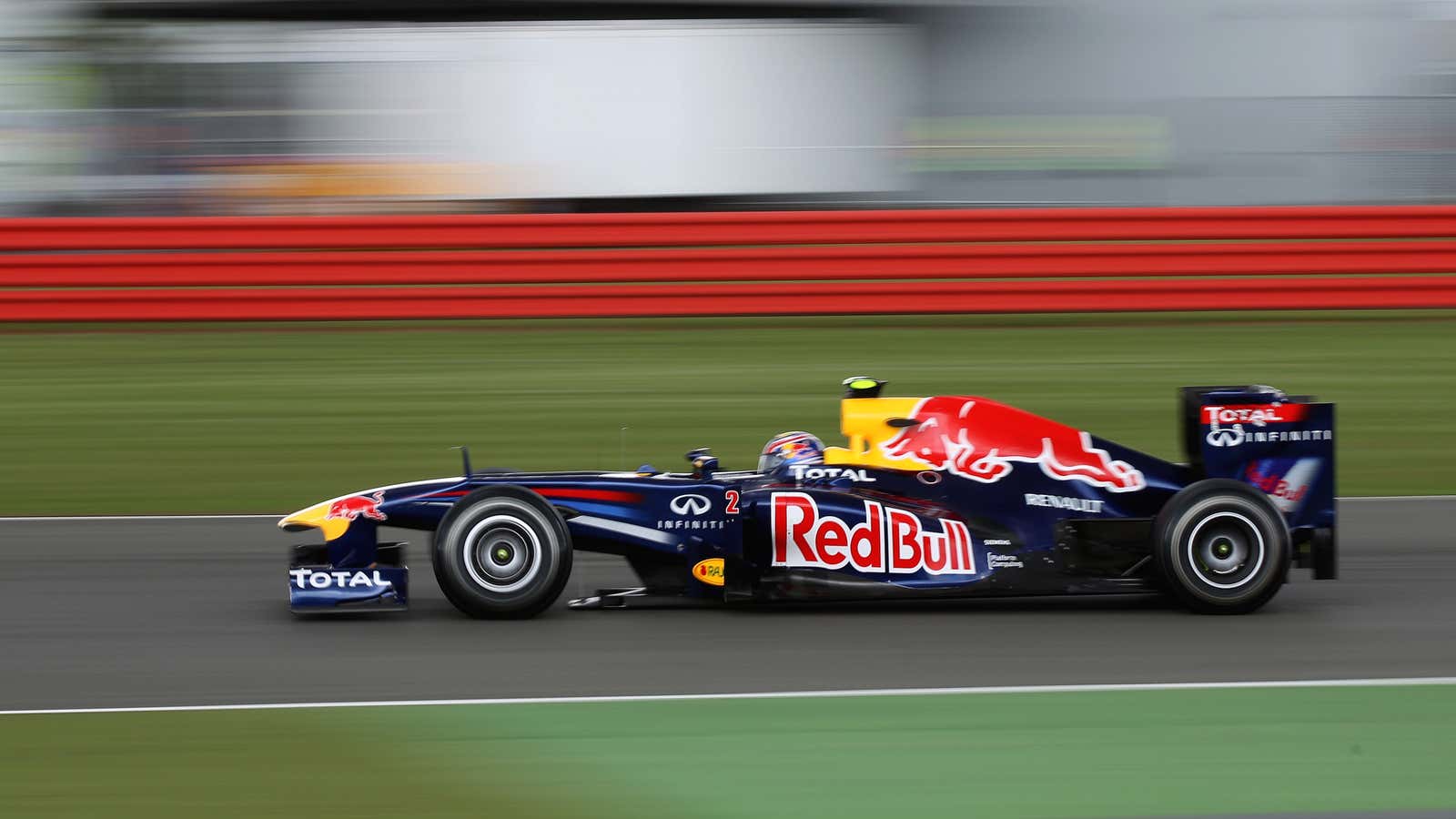In less than a month, the Formula 1 European Grand Prix, a premier auto-racing event, will drop its starting flag in Azerbaijan’s capital, Baku. This is the first time Azerbaijan will host a Formula 1 circuit, and the oil-rich Caspian state will once again spare no effort to show it can capably host a mega-event, showing off what it promises will be the world’s fastest city circuit.
For Azerbaijan’s president, Ilham Aliyev, hosting high-profile international sporting events such as the Formula 1 and last year’s European Games is part of Azerbaijan’s public relations strategy to present itself as a modern, open country. These are also opportunities to whitewash the country’s worsening human-rights record and systemic political oppression.
The Formula One Group describes Azerbaijan as having a “well-earned reputation as a modern European country.” Asked whether Azerbaijan’s human-rights record poses a problem, Formula 1 CEO Bernie Ecclestone has said, “I think everybody seems to be happy. There doesn’t seem to be any big problem there.”
Ecclestone’s Formula 1 depends on media for marketing and media franchise sales, yet Azerbaijan’s independent media outlets are crippled by restrictive laws, police raids, criminal investigations, and defamation suits. The lack of freedom of speech is making it very difficult for journalists to report on abuses.
As Formula 1 revs up its engines for June’s big race, many of those who dared to challenge this glitzy narrative and phony public relations languish in prison for the “crime” of peaceful criticism.
On Wednesday, award-winning investigative journalist Khadija Ismayilova, was released after 537 days in prison. Khadija, who is a friend, had been in jail since Dec. 2014, serving seven and a half years on bogus tax-related charges. With her popular radio show and brand of relentless reportage, Ismayilova has long been documenting the country’s human-rights abuses and investigating networks of corruption including allegations that point to Azerbaijan’s political elite, including president Aliyev and his family.
Intense international pressure to release Khadija and other human rights advocates surely contributed to her release, which means Formula 1 still has a key role to play. Khadija is out of prison, following the Supreme Court’s decision converting her jail sentence to a suspended term of three and half years, but she is not free to leave the country, or to practice journalism.
Formula 1’s “Statement of Commitment to Respect for Human Rights” says it “is committed to respecting internationally recognised human rights in its operations globally,” and will “engage in meaningful consultation with relevant stakeholders in relation to any issues raised as a result of our due diligence.”
Mr. Ecclestone should ask to meet Khadija Ismayilova, and other prominent activists who remain in jail with no promise of a fair trial. He should encourage the government of Azerbaijan to release all those behind bars on politically motivated charges, stop its repressive policies against freedom of speech, halt arrests and prosecutions, and repeal laws impeding work of independent groups.
Formula 1 has so far been silent about the country’s human-rights crisis. But there’s still time and an urgent need for Formula 1 leaders to find their voices and use them for good.
We welcome your comments at ideas@qz.com.
